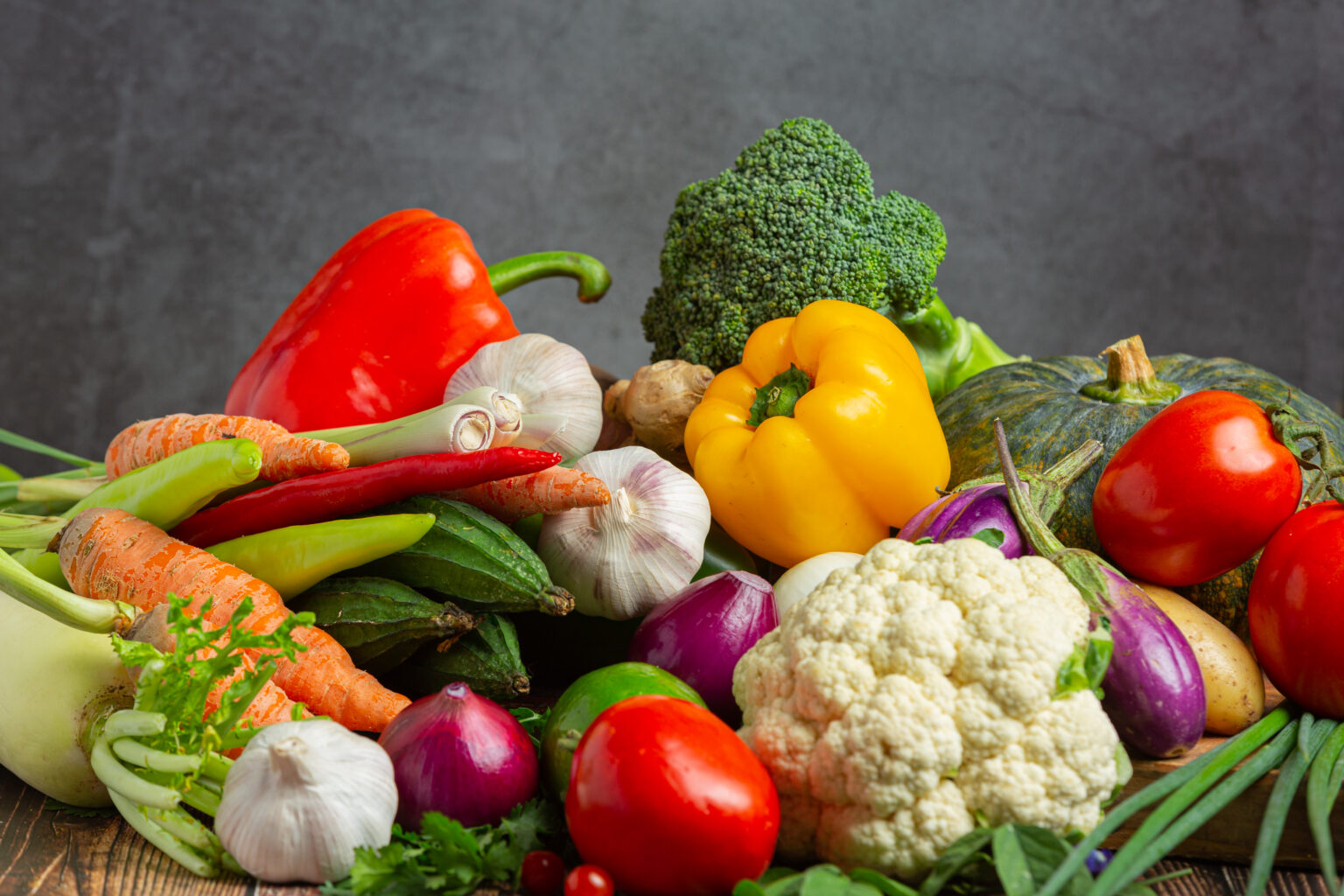South Africa is not only known for its diverse culture and breathtaking landscapes but also for its rich array of indigenous vegetables. These traditional vegetables have been consumed for centuries by various ethnic groups in the region and have now gained recognition for their remarkable nutritional benefits. Packed with essential nutrients and unique flavours, South African indigenous vegetables are a treasure trove of health and wellness. In this article, we will explore some of these remarkable vegetables and their nutritional contributions.
- Amaranth (Amaranthus spp.): Amaranth, commonly known as “morogo” in South Africa, is a leafy green vegetable that thrives in the country’s varied climatic conditions. It is a fantastic source of vitamins A, C, and K, as well as dietary fibre. Amaranth also contains high levels of iron, calcium, and magnesium, making it a valuable addition to a balanced diet. Additionally, it is rich in antioxidants, which help combat oxidative stress and reduce the risk of chronic diseases.
- Moringa (Moringa oleifera): Moringa, often referred to as the “miracle tree,” is a highly nutritious plant that is native to South Africa. It is considered a superfood due to its incredible nutritional profile. Moringa leaves are an exceptional source of vitamins A, C, and E, along with minerals like potassium and calcium. They are also rich in antioxidants, which support overall health and protect against cellular damage. Furthermore, moringa leaves contain all essential amino acids, making them a valuable plant-based protein source.
- Pumpkin leaves (Cucurbita pepo): Pumpkin leaves, known as “imbogolodi” or “phansi” in South Africa, are widely consumed and highly nutritious. These dark green leaves are an excellent source of vitamins A, C, and E, as well as minerals like iron and calcium. Pumpkin leaves are also rich in dietary fibre, which aids in digestion and promotes a healthy gut. Additionally, they contain antioxidants and phytonutrients that contribute to their overall health benefits.
- Rooibos (Aspalathus linearis): While not a vegetable in the traditional sense, rooibos is a unique herbal tea native to South Africa. It is made from the leaves of the Aspalathus linearis plant and has gained international recognition for its health benefits. Rooibos tea is caffeine-free and packed with antioxidants, such as aspalathin and quercetin, which have anti-inflammatory and immune-boosting properties. It is also rich in minerals like calcium, manganese, and fluoride, which support bone health and dental care.
- Waterblommetjies (Aponogeton distachyos): Waterblommetjies, also known as “Cape pond-weed,” are small flowering plants found in freshwater ponds and rivers across South Africa. The flowers and stems of waterblommetjies are commonly used in traditional dishes. They are a good source of dietary fiber, vitamins A and C, as well as minerals like potassium and magnesium. These aquatic vegetables also contain antioxidants that help protect the body against cellular damage.
Incorporating South African indigenous vegetables into your diet offers an array of health benefits. Their nutrient-dense profiles contribute to improved immune function, enhanced digestion, and overall well-being. Furthermore, these vegetables often grow naturally and require fewer resources, making them an environmentally sustainable choice.
While traditional recipes and cooking methods have been passed down through generations, there is a growing interest in modern culinary applications of these vegetables. Chefs and food enthusiasts are finding innovative ways to incorporate South African indigenous vegetables into contemporary dishes, increasing their accessibility and popularity.
South African indigenous vegetables offer a wealth of nutritional benefits. From the leafy greens like amaranth and pumpkin leaves to the nutrient-packed moringa and unique flavour of waterblommetjies, these vegetables provide an excellent opportunity to diversify your diet and improve your health. Exploring and embracing the culinary heritage of South Africa can open doors to a world of flavours and nutritional well-being.








